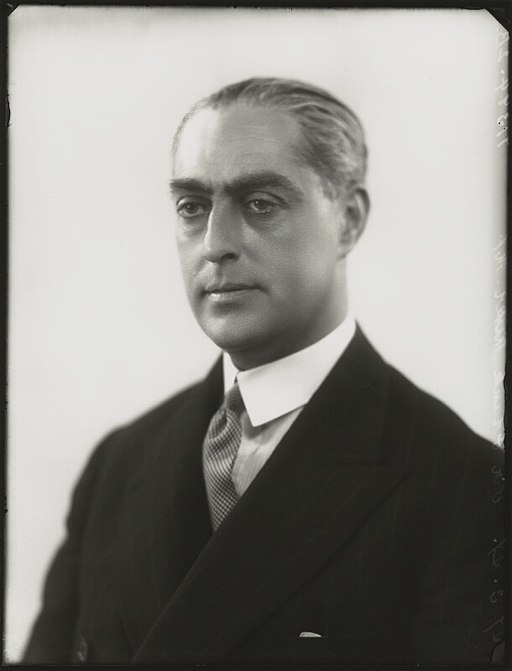Liberty Matters
Conservatism: A Better Guarantor of Liberty
 Stephanie Slade’s response robustly defends Frank Meyer’s libertarian vision. Essential to that vision is the idea that virtue can be successfully cultivated without appreciable – or even any – support from society at large. This point is often where conservatives depart from libertarians, and so too it must be with Stephanie and myself. It is also why I believe American conservatism, for all its internal contradictions and faults, is a better guarantor of human liberty than libertarianism.
Stephanie Slade’s response robustly defends Frank Meyer’s libertarian vision. Essential to that vision is the idea that virtue can be successfully cultivated without appreciable – or even any – support from society at large. This point is often where conservatives depart from libertarians, and so too it must be with Stephanie and myself. It is also why I believe American conservatism, for all its internal contradictions and faults, is a better guarantor of human liberty than libertarianism.Human beings always struggle with a battle between the “I” and the “we”. The individual “I” shares space and life with many other I’s, bringing about a “we”. Since we alone of the animals possess reason and the ability to discern right and wrong, the human “we” also always involves some attempt to define right and then apply that understanding to society’s members. This seems to be natural; one simply cannot find a human society throughout history that has not done this. The libertarian, like Meyer, struggles against this truth. The conservative accepts it and seeks to make the pursuit of ordered liberty a central part of the “we” narrative that shapes a free society.
Constructing a “we” that appreciates and cultivates liberty means giving aggrieved people an opportunity to right perceived wrongs through orderly societal mechanism. There is no neat separation that applies always and everywhere as to what types of problems will be brought before that mechanism. Meyer’s libertarianism looks at the vast bulk of issues that have historically been solved through politics and says they should be excluded from consideration. In effect, he argues that society should say, “not my problem” to hurt and angry members of the society.
Aggrieved by a sexual morality that breaks up marriages, spreads disease, and irretrievably damages too many children? “Not my problem”. Angry that white Southerners have subjected you, a black American, to a system that degrades, humiliates, and infantilizes you? “Not my problem”. Meyer’s formulation could work only if one believes that people aggrieved by actions of a minority that strongly disadvantage them will eschew a potential remedy out of devotion to the ideal of liberty. That’s simply not what real people do.
The Great Depression is perfect example of that. Herbert Hoover’s response to the misery economic collapse caused was to argue that his hands were tied by the Constitution. He urged people to remain devoted to “the American system” of “ordered liberty” and “voluntary co-operation” regardless of the pain they were experiencing. He essentially told the American people that he really cared about their plight, but that ultimately alleviating it was not his problem. Franklin Roosevelt won that election in a landslide, ushering the New Deal and the permanent transformation of the American system in which we live today. That may not have been the best outcome for American liberty.
People who are being treated unjustly, or perceive they are being treated unjustly, will not simply shrug in the face of injustice. If necessary, they will use whatever political means they possess to remedy that injustice, not infrequently placing themselves at the mercy of a leader who promised to wield untrammeled power on their behalf. In a well-ordered polity, this brings forth Abraham Lincoln or David Lloyd George. In others where the public “we” narrative does not contain strong respect for ordered liberty, it brings the tyrant.
Liberty and virtue are inextricably intertwined like the two snakes on a caduceus. A good, free society supports both at once, giving public voice to both in the “we” narrative upon which it rests. Separating the two as Meyer provides would be like trying to divide Siamese twins and hoping that both live. Liberty is too precious to risk it so casually.
Copyright and Fair Use Statement
“Liberty Matters” is the copyright of Liberty Fund, Inc. This material is put on line to further the educational goals of Liberty Fund, Inc. These essays and responses may be quoted and otherwise used under “fair use” provisions for educational and academic purposes. To reprint these essays in course booklets requires the prior permission of Liberty Fund, Inc. Please contact oll@libertyfund.org if you have any questions.